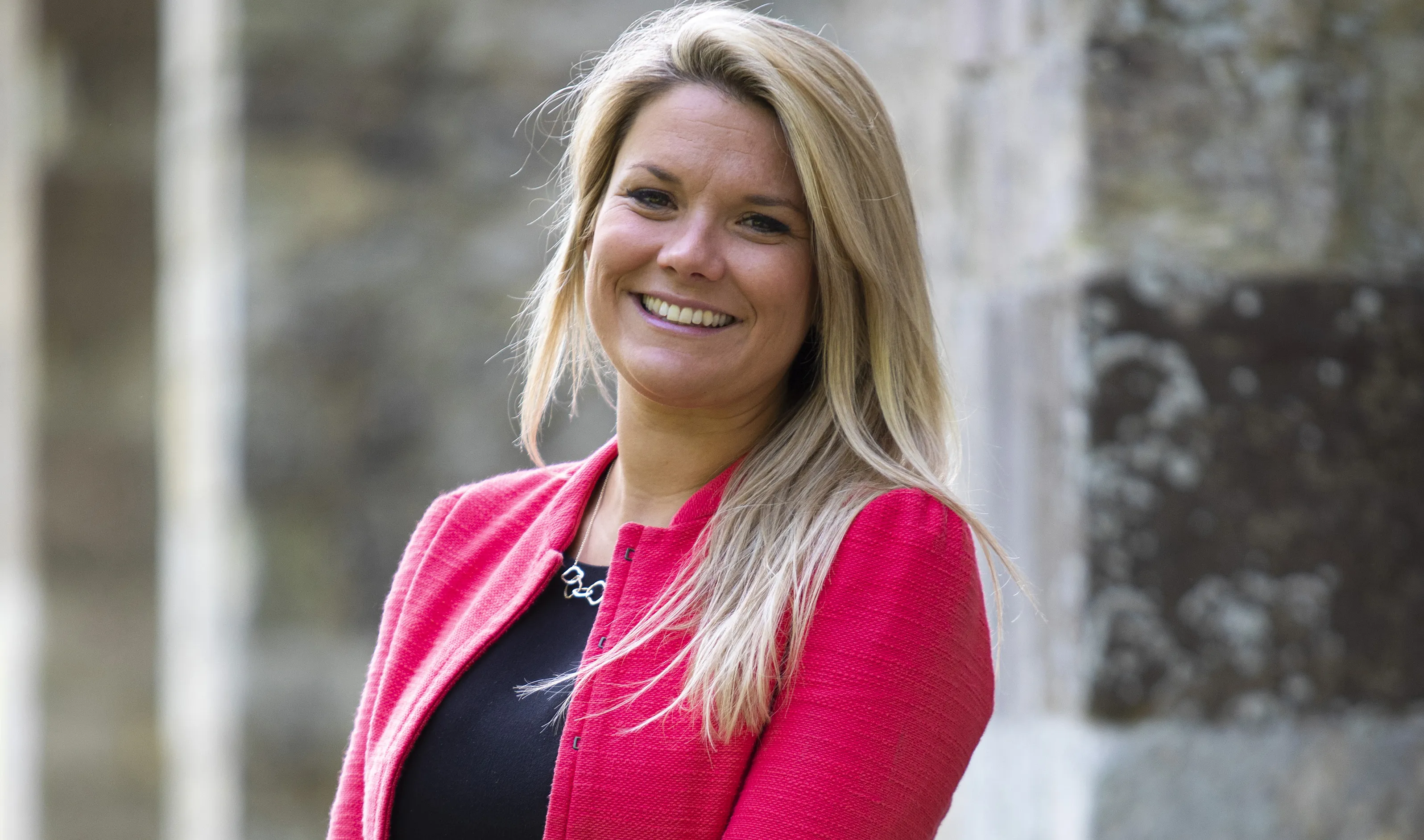Edward Cooke Family Law acts in complex reported domestic surrogacy case
14 November 2025

Victoria Maxwell from our modern families team recently represented the applicants (intended parents) in the case of Re J (A child) (Surrogacy: Adoption Order) [2025] EWHC 2960 which was published on 11th November 2025. The applicants were also represented by specialist counsel from 1GC, Louise Maclynn KC and Melissa Elsworth.
Case background: domestic surrogacy arrangement
The case started out as a domestic surrogacy arrangement where the applicants met their surrogate through a Facebook group for surrogacy and entered into a surrogacy agreement. It was agreed that the surrogate would rely upon home artificial insemination using the intended father’s gametes and she would abstain from sexual intercourse from the time of the agreement until pregnancy was confirmed.
Soon after birth it became clear to the applicants that there may be doubts about the child’s paternity as despite the surrogate mother (who was the biological mother) and the intended father both being Caucasian, it became obvious that the child was of mixed race. The matter was heard before Ms Justice Henke in the High Court who decided that publishing her judgment was necessary to highlight the dangers of informal surrogacy arrangements. M Justice Henke states: “This judgment should be read as a cautionary tale of what can go wrong when strangers who meet through social media to bring a child into this world through surrogacy and when one or more of the parties take risks around the circumstances of conception”.
Complications leading to transfer to adoption proceedings
As the arrangement started out as a surrogacy arrangement, the original application made to the court was for an application for a parental order, however, owing to a number of complicating factors the proceedings soon turned into adoption proceedings.
The case concerned a child who was 2 and a half years old by the time the adoption order was eventually granted by the court. The case brought about complex identity and evidential issues and shone a spotlight of the circumstances of the child’s conception and the parties’ knowledge of this.
There were nine court hearings spanning over two years, where the court reluctantly made an adoption order, as it became clear during the proceedings that neither of the intended parents had any genetic link to the child and the court were therefore unable to make a parental order.
At the final hearing the court investigated a number of factual issues concerning the circumstances of the child’s conception and the parties’ knowledge of it. The court also investigated to what extent the parties had attempted to mislead each other and the court. The court also had to grapple with notification issues regarding the child’s biological father, however, there was no evidence before the court as to who the individual might be.
The judge made a number of findings in her judgment based on the evidence. The judge found that based on the evidence before her that all parties had provided untruthful evidence to the court at times. The judge found that ultimately the surrogate had had sexual intercourse with a third party at the relevant time of conception which led to the lack of genetic tie between the child and the intended father and meant that a parental order could not be granted by the court owing to the lack of genetic link.
The court therefore eventually made an adoption order which the judge felt gave the child the legal status which reflected their reality and was in their best interests. The judge made clear “I make the adoption order because it is in J’s lifelong best interests that I should do so. My focus in making my analysis has been on J’s lifelong welfare. Nothing within this judgment should be read as my condoning the behaviour of any of the lay parties. No one reading this judgment should consider that the ends justified the means. No one reading this judgment should presume that on a similar set of facts a court in a future case will grant an adoption order.”
The importance of legal advice for surrogacy arrangements
There have been a number of High Court cases recently highlighting the issues that can exist with surrogacy arrangements when they are embarked upon without specialist legal advice and the main issues which arose in this case were owing to the informal nature of the agreement and the fact that surrogacy agreements in England are unenforceable. The issues that arose in this matter should not have been possible if the parties had engaged the assistance of an HFEA regulated clinic from the outset.
None of the parties took any specialist legal advice at the outset and owing to the issues that arose, the court was faced with a difficult dilemma several years later grappling with how this small child’s future could best be protected. As the child had been cared for solely by the Applicants since birth the court recognised notwithstanding the actions of all parties, it was still undoubtedly in the child’s best interests for an adoption order to be made. The judge lamented “no other order will provide the stability and permanency J’s welfare requires.”
For further information, you can view the full reported case, and explore our surrogacy, donor conception and fertility law information. Should you require legal support, our experienced team would be happy to help.


